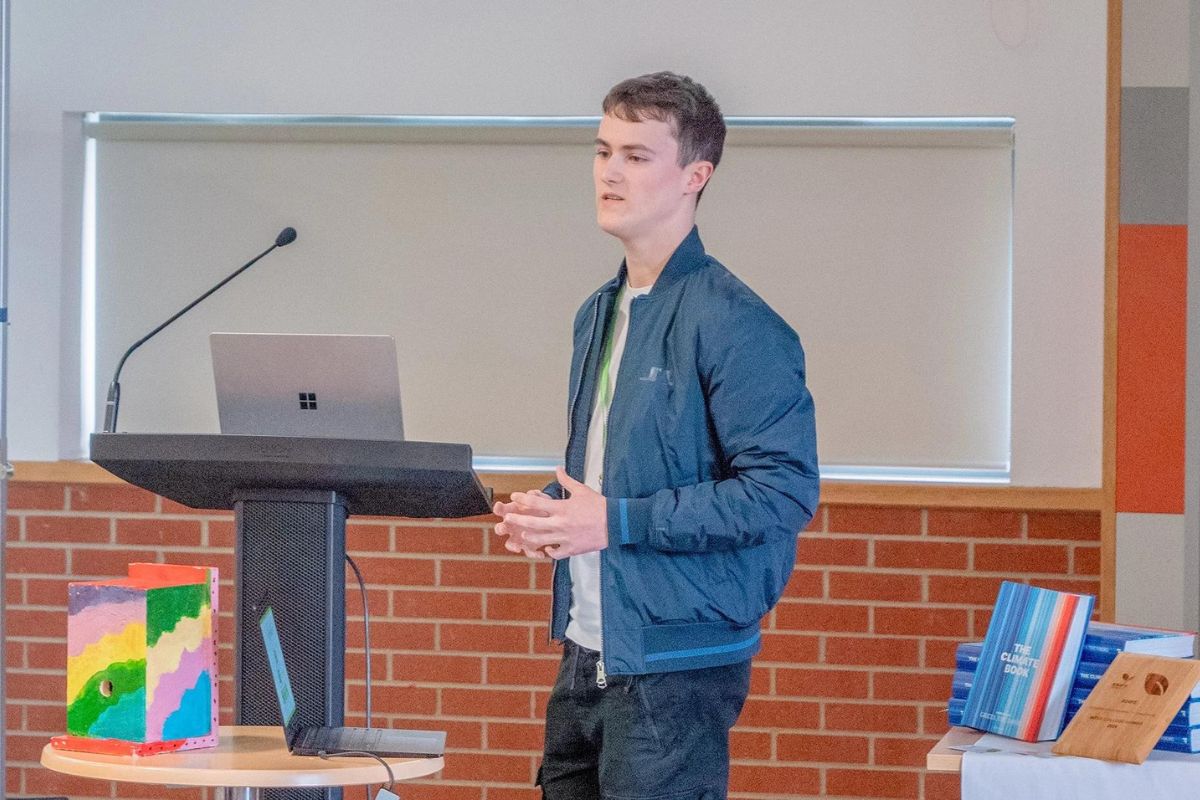High inflation set to cause interest rate rollercoaster for student loans

English and Welsh graduates who took out a student loan since 2012 are in for a rollercoaster ride on student loan interest rates in the coming years. Today’s reading for RPI inflation means that the maximum interest rate, which is charged to current students and graduates earning more than £49,130, will rise from its current level of 4.5% to an eye-watering 12% for half a year unless policy changes (the interest rates for low earners will rise from 1.5% to 9%). This means that with a typical loan balance of around £50,000, a high-earning recent graduate would incur around £3,000 in interest over six months – more than even someone earning three times the median salary for recent graduates would usually repay during that time.
The maximum student loan interest rate is then likely to fall to around 7% in March 2023 and fluctuate between 7 and 9% for a year and a half; in September 2024, it is then predicted to fall to around 0% before rising again to around 5% in March 2025. These wild swings in interest rates will arise from the combination of high inflation and an interest rate cap that takes half a year to come into operation. Without the cap, maximum interest rates would be 12% throughout the 2022/23 academic year and around 13% in 2023/24. While interest rates affect all borrowers’ loan balances, they only affect actual repayments for the typically high-earning graduates that will pay off their loans.
This interest rate rollercoaster will cause problems. The way the interest rate cap currently operates disadvantages borrowers with falling debt balances for no good reason. Perhaps more importantly, sky-high interest rates may put some prospective students off going to university; some graduates will likely feel compelled to pay off their loans even when this has no benefit for them.
Ben Waltmann, Senior Research Economist at the Institute for Fiscal Studies said:
‘Unless the government changes the way student loan interest is determined, there will be wild swings in the interest rate over the next three years. The maximum rate will reach an eye-watering level of 12% between September 2022 and February 2023 and a low of around zero between September 2024 and March 2025.
There is no good economic reason for this. Interest rates on student loans should be low and stable, reflecting the government’s own cost of borrowing. The government urgently needs to adjust the way the interest rate cap operates to avoid a significant spike in September.’
Read the full briefing note here.
Sector Response
A Department for Education spokesperson said:
“Unlike commercial loans, student loans are protected in a number of ways. Monthly repayments for student loans are linked to income not to interest rates, or the amounts borrowed, and borrowers earning below the relevant repayment threshold make no repayments at all.
“The IFS report makes it clear that changes in interest rates have a limited long-term impact on repayments, and the Office for Budget Responsibility predict that RPI will be below 3% in 2024.
“Regardless, the Government has cut interest rates for new borrowers so from 2023/24, graduates will never have to pay back more than they borrowed in real terms.”
NUS Vice-President for Higher Education Hillary Gyebi-Ababio commented:
“These figures are brutal. Increasing the maximum interest rate on student loans to 12% will deter thousands of students from going to university, and will cause unparalleled uncertainty for the millions of graduates already repaying their loans with thousands of pounds added to their debt sheet.
“Students aren’t cash cows, and we can’t keep taking the brunt of this government’s regressive actions that have left millions exposed to hardship. Education is a right for all, not a product that can be bought and sold for individual gain. The Government must immediately commit to reversing these planned changes”.
Nick Hillman, Director of the Higher Education Policy Institute, said:
‘The truth is that the much higher level of inflation is unlikely to put school leavers off applying to university – every major change to student finance in England in the past 30-odd years has been predicted to put them off, but application rates have kept on growing.
‘However, the rise could feel unfair to new graduates, who will get a shock when they find out how much they owe, as well as to graduates in work, who are typically receiving pay rises that are around half the rate of increase in student debt.
‘One modest thing the Government could do immediately to ease the situation would be to move to a more respected measure of inflation. Four years ago, the Office for National Statistics said RPI was a bad measure of inflation and should not be used in public policy.* Now would be a good time to look again at its use for student loans.’












Responses